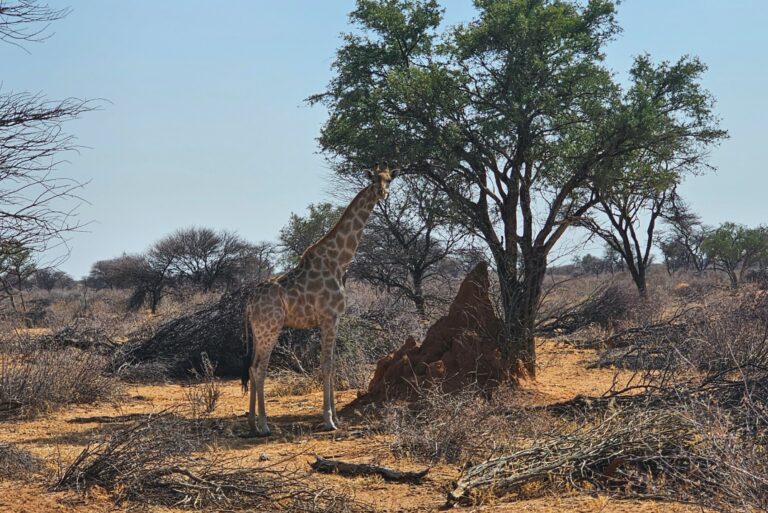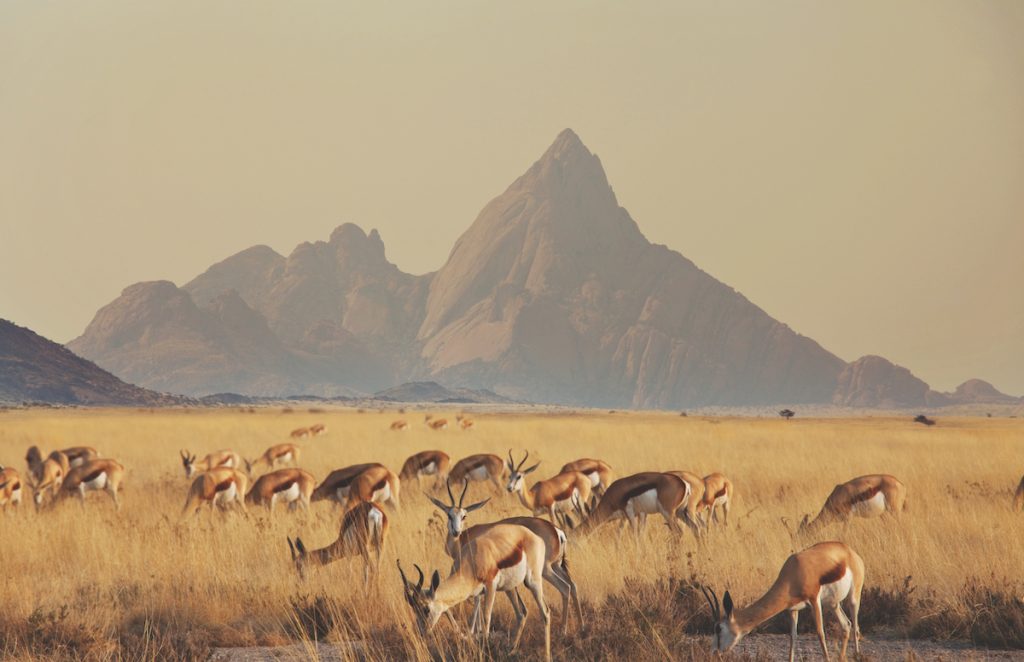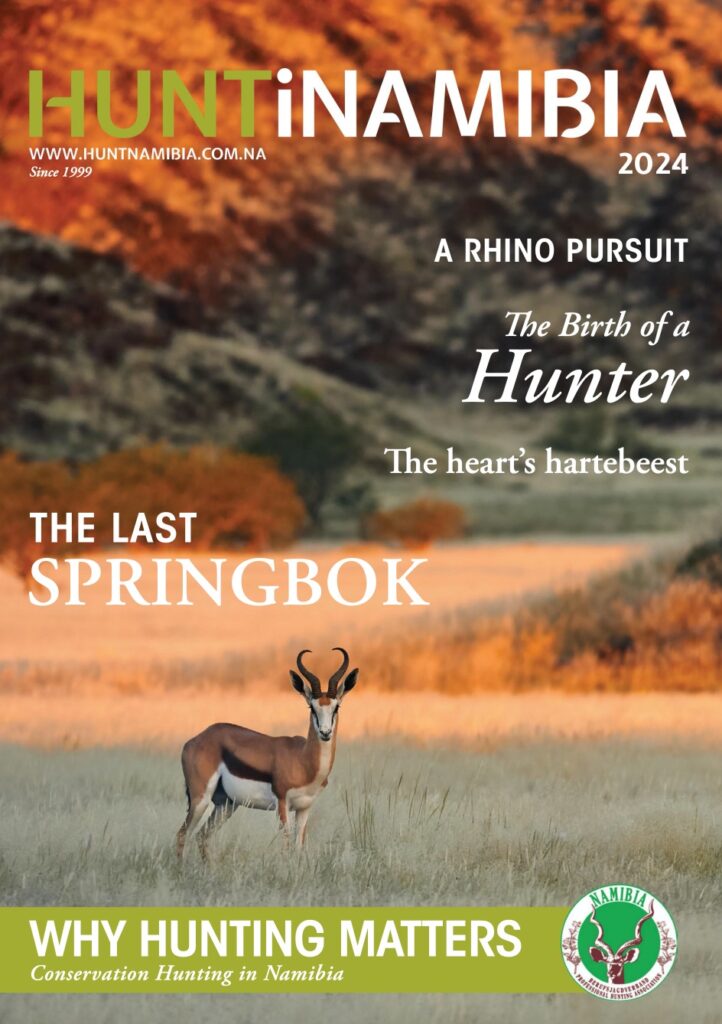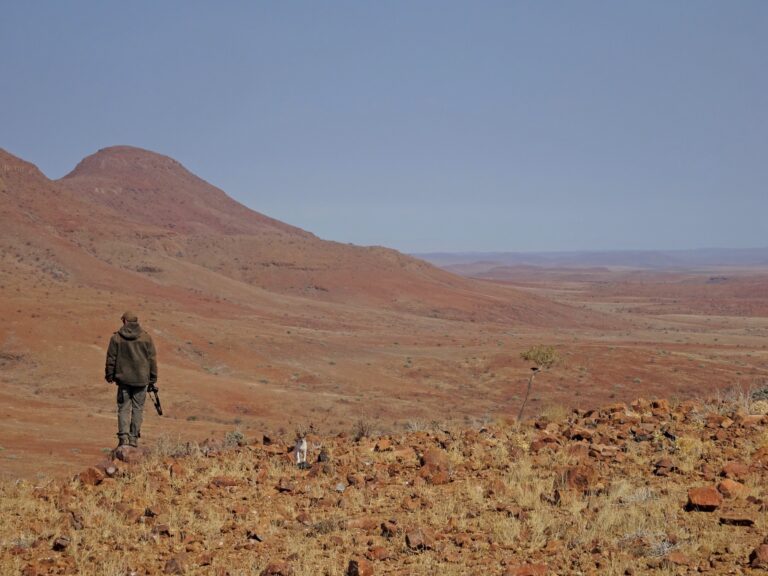
Perspectives on African hunting
Every accolade credited to Africa is well earned. Perhaps William Burchell’s thought most accurately sums them all up: “Nothing but breathing the air of Africa, and actually walking through it, can communicate the indescribable sensations.” Words are a paltry attempt to raise images of buffalo charging out of the reeds




